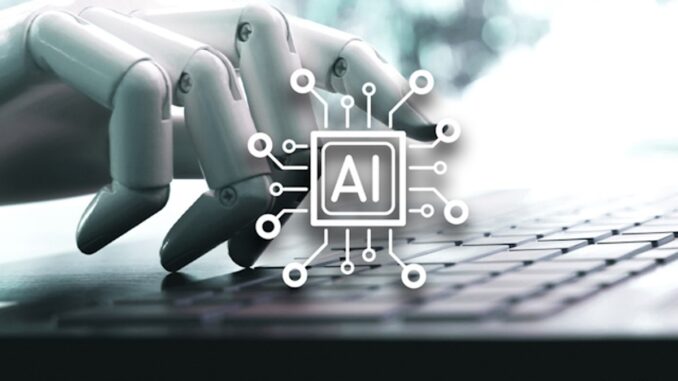
The integration of AI into personalized healthcare holds immense promise for transforming the way medical treatment is delivered and experienced by patients. Here are some key points that illustrate its significance:
### 1. **Enhanced Accuracy in Diagnosis** AI algorithms can analyze complex medical data, including imaging, laboratory results, and patient histories, with remarkable precision.








This leads to more accurate diagnoses, reducing the chances of misdiagnosis and ensuring timely interventions.
### 2. **Tailored Treatment Plans**
By leveraging individual patient data, including genetic profiles, lifestyle factors, and disease history, AI can help healthcare providers craft personalized treatment plans. This ensures that therapies are more suited to the specific needs of each patient, optimizing the chances of successful outcomes.
### 3. **Improved Patient Outcomes**
Personalized approaches facilitated by AI can lead to better health outcomes. For example, patients receiving tailored treatments are more likely to adhere to medication regimens and achieve recovery goals, resulting in overall improved health and reduced hospital readmission rates.
### 4. **Predictive Analytics for Preventative Care**
AI can analyze patterns in patient data to identify those at risk of developing specific conditions. This enables proactive measures, such as lifestyle changes or preventive treatments, which can significantly improve long-term health and reduce the burden on healthcare systems.
### 5. **Streamlined Clinical Workflows**
AI can automate administrative tasks, manage appointment scheduling, and process billing, which allows healthcare providers to focus more on patient care. This streamlining can enhance efficiency within healthcare settings.
### 6. **Access to Real-Time Data and Insights**
With real-time monitoring through wearable devices and mobile health applications, AI can provide healthcare professionals with continuous data on patient health. This enables immediate adjustments to treatment plans based on current health status and encourages patient engagement in their own care.
### 7. **Enhanced Drug Development**
AI accelerates the drug discovery process by analyzing biological data and predicting how different compounds interact with disease targets. This can lead to faster development of personalized medications that are tailored to specific genetic markers and patient populations.
### 8. **Empowered Patients**
AI-enabled tools such as chatbots and personalized health applications empower patients to take an active role in their healthcare. These tools can provide tailored health advice, symptom tracking, and medication reminders, fostering better management of personal health.
### 9. **Challenges and Considerations**
While the benefits are substantial, the integration of AI into personalized healthcare is not without challenges:
– **Data Privacy**: Protecting sensitive health information is critical, and robust data governance frameworks are necessary to ensure compliance with regulations.
– **Bias and Equity**: AI systems must be trained on diverse datasets to avoid perpetuating biases that could result in disparities in care.
– **Training and Adoption**: Healthcare professionals require training to effectively use AI tools and interpret insights, ensuring that technology complements rather than replaces human expertise.
### Conclusion
The integration of AI into personalized healthcare holds the potential to create a more effective, efficient, and patient-centered healthcare system. By harnessing the power of data and advanced analytics, healthcare providers can deliver care that is tailored to the individual needs of patients, ultimately improving health outcomes and enhancing the overall patient experience. As the technology evolves, ongoing collaboration among stakeholders in healthcare, technology, and policy will be essential to address the challenges and maximize the benefits of AI in this field.

Leave a Reply